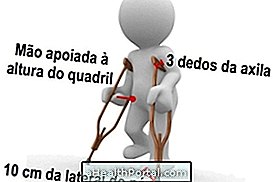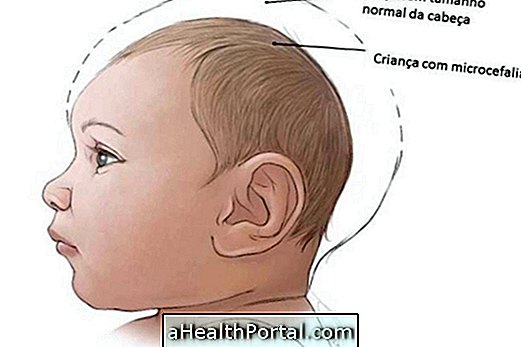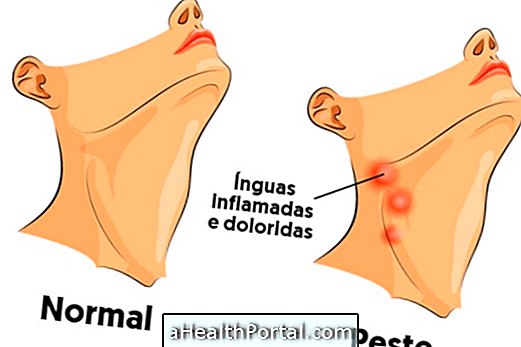The geriatrician is the doctor who specializes in the care of the elderly's health, through the treatment of diseases or common problems in this phase of life, such as memory changes, loss of balance and falls, urinary incontinence, high blood pressure, diabetes, osteoporosis, depression. complications caused by the use of medications or excessive exams.
This doctor can also guide ways to prevent the onset of illness, as well as help achieve a healthy aging, in which the elderly can remain active and independent for as long as possible. In addition, monitoring by the geriatrician is a good option for those elderly who are treated by several doctors of various specialties, and end up getting confused with so many medicines and tests.
Generally, the consultation by the geriatrician is more time-consuming, since this doctor can perform several tests, such as those that evaluate the memory and physical capacity of the elderly, besides making a more general assessment, which involves, besides physical health, also the emotional issues and social.

In addition, the geriatrician is able to better understand the changes in body structure and the metabolism of the body of the elderly, being able to better indicate which remedies are appropriate or unsuitable for use at this age.
How old are you to go to the geriatrician?
The recommended age to go to the geriatrician is from the age of 60, however, many people seek to consult with this doctor even before, at 30, 40 or 50 years, mainly to prevent the problems of the elderly.
Thus, the geriatrician can consult both the healthy adult to treat and prevent diseases, such as the elderly person who is already fragile or has sequelae, such as being bedridden or not recognizing the people around, for example, because this specialist can identify ways to reduce problems, rehabilitate and give more quality of life to the elderly.
The geriatrician can consult in clinics, home visits, long-term institutions or nursing homes, as well as in hospitals.
Diseases that geriatricians treat
The main diseases that the geriatrician can treat include:
- Dementias, which cause changes in memory and cognition, such as Alzheimer's, Lewy body dementia, or frontotemporal dementia, for example. Understand what causes and how to identify Alzheimer's;
- Diseases that cause loss of balance or movement difficulties, such as Parkinson's, essential tremor and loss of muscle mass;
- Instability of posture and falls. Learn about the causes of falls in the elderly and how to avoid them;
- Depression;
- Mental confusion, called delirium .
- Urinary incontinence;
- Dependency to perform activities or immobility, when the elderly are bedridden. Learn how to avoid loss of muscle mass in the elderly;
- Cardiovascular diseases such as high blood pressure, diabetes and high cholesterol;
- Osteoporosis;
- Complications due to the use of drugs inappropriate for age or in excess, a situation called Iatrogenesis.
The geriatrician is also able to perform the treatment of the elderly who have diseases that have no cure, through palliative care.
Is geriatrics the same as gerontology?
It is important to remember that geriatrics and gerontology are different. While geriatrics is the specialty that studies, prevents and treats the diseases of the elderly, gerontology is a more comprehensive term, since it is the science that studies the human aging, and encompasses the action of doctors and other health professionals as a nutritionist, physiotherapist, nurse, occupational therapist, speech therapist and social worker, for example.























